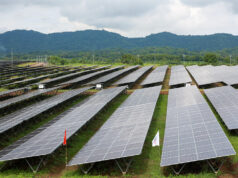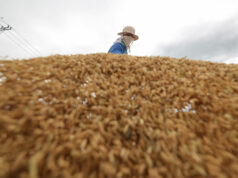Capital spending still driving economy — DoF
THE Department of Finance (DoF) said government investment in 2018 accounted for 5.4% of gross domestic product (GDP), continuing to drive economic growth and posting rates of return that more than pay off capital costs.
In an economic bulletin sent to reporters Wednesday, the DoF said capital outlays hit P940.4 billion in 2018, up from P685.3 billion a year earlier.
This accounted for 5.4% of GDP in 2018, which the department said was the highest in history.
“Investment expansion has been the driving force of the economy in recent years — pushing up the country’s competititiveness and making up for previous decades of underinvestment,” the Finance department said.
It added that based on data from 2010-2018, national government investment has been “very efficient” with rates of return exceeding borrowing costs, currently at 5.9% per annum based on the 25-year Treasury bond rate.
The DoF attributed the high return on infrastructure spending on the stringent evaluation process of the Investment Coordination Committee, which vets projects costing P2.5 billion. Its members include representatives from the DoF, the National Economic and Development Authority (NEDA), the Department of Budget and Management (DBM), as well as the Executive Secretary, among others.
The return on infrastructure investment was attributed to the open and transparent bidding process embodied in the Philippine Government E-Procurement System as well as a policy preference that projects must be implementation-ready.
“Stringent public investment evaluation, open and transparent procurement and implementation-ready prioritization have increased the efficiency of projects,” the DoF said.
The government embarked on an P8-trillion infrastructure spending program running to 2022 in an effort to boost economic growth to about 7-8% each year.
The Finance department said 44 out of the 75 flagship projects under the “Build, Build, Build” program are in various stages of implementation, while the remaining are undergoing pre-investment study or are up for review. — Karl Angelo N. Vidal



